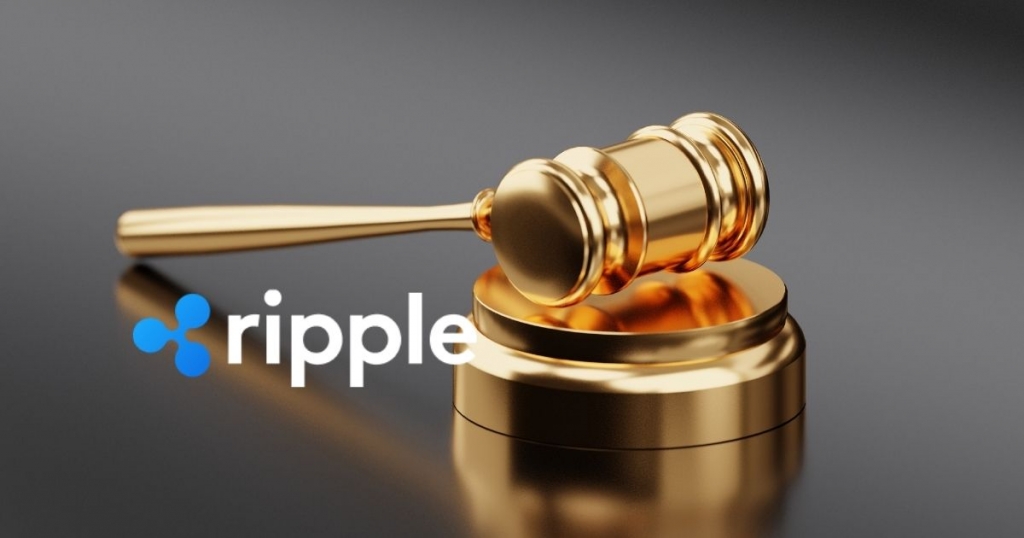- Ripple filed a document that argued people should be educated first before they are sued.
- The document suggested that there is no clear regulation to say the XRP ICO willfully broke any laws.
- The letter was in reference to a recent Supreme Court ruling on Bittner v United States
Ripple recently filed a letter to support its fair notice defense against the US Securities and Exchange Commission (SEC).
Read CRYPTONEWSLAND onThis, however, is not an ordinary letter, and some well-known lawyers are saying that this provides a “strong case.” According to Hogan & Hogan Partner Jeremy Hogan, the letter refers to the recent Supreme Court ruling that states citizens must receive regulatory guidelines first before they are sued in the first place.
Specifically, the document read:
“This opinion strongly supports Defendants’ fair notice defense… [because] the government’s prior guidance appears to contradict its present litigating position.”
The Trump Card
Basically, the new recent Supreme Court ruling said that people should have been given adequate guidance so that they will be able to know the law better and abide by it. These should be the steps taken first before they get sued for not knowing the law and adhering to it.
In Ripple’s case, when Ripple Labs issued an initial coin offering (ICO) of XRP, there was no law that said cryptocurrencies are securities. Even now, that regulation still does not exist.
That said, Ripple is arguing that the SEC suing them for not registering the sales of XRP is wrong because, well, there’s no guideline that said XRP was a security in the first place.
In addition, if there was ever such a law that existed, then Ripple Labs was not made aware of it, and the SEC did not take steps to educate them or any crypto company at all.
What You Know Won’t Hurt You
The document referred to a case related to Alexandru Bittner, a Romanian-American who failed to disclose his foreign accounts. According to the Bank Secrecy Act, any foreign financial account that has more than $10,000 must be reported every year to the US Treasury.
To be fair, Bittner did try to file a Report of Foreign Bank and Financial Accounts (FBAR). However, he filed them too late and inconsistently because he did not know such a thing existed in the first place. Consequently, the initial court charged him $2,720,000, to which he disagreed.
Bittner then filed an appeal, to which he was denied by the US Court of Appeals for the Fifth Circuit. Regardless, Bittner did not give up, and the matter was taken by the highest judicial authority in the US — the Supreme Court. On February 28, the Supreme Court overturned the ruling of the Court of Appeals in favor of Bittner.
Read Also :
disclaimer read moreCrypto News Land (cryptonewsland.com) , also abbreviated as “CNL”, is an independent media entity — we are not affiliated with any company in the blockchain and cryptocurrency industry. We aim to provide fresh and relevant content that will help build up the crypto space since we believe in its potential to impact the world for the better. All of our news sources are credible and accurate as we know it, although we do not make any warranty as to the validity of their statements as well as their motive behind it. While we make sure to double-check the veracity of information from our sources, we do not make any assurances as to the timeliness and completeness of any information in our website as provided by our sources. Moreover, we disclaim any information on our website as investment or financial advice. We encourage all visitors to do your own research and consult with an expert in the relevant subject before making any investment or trading decision.



